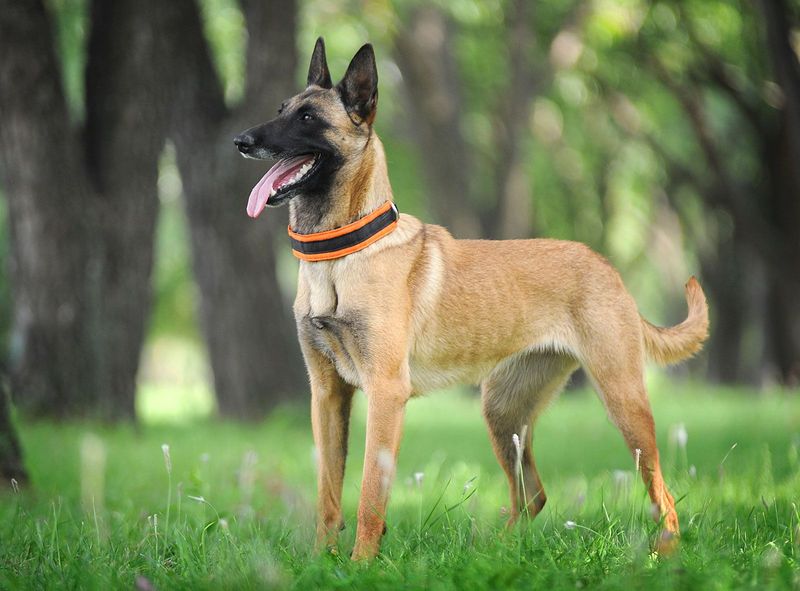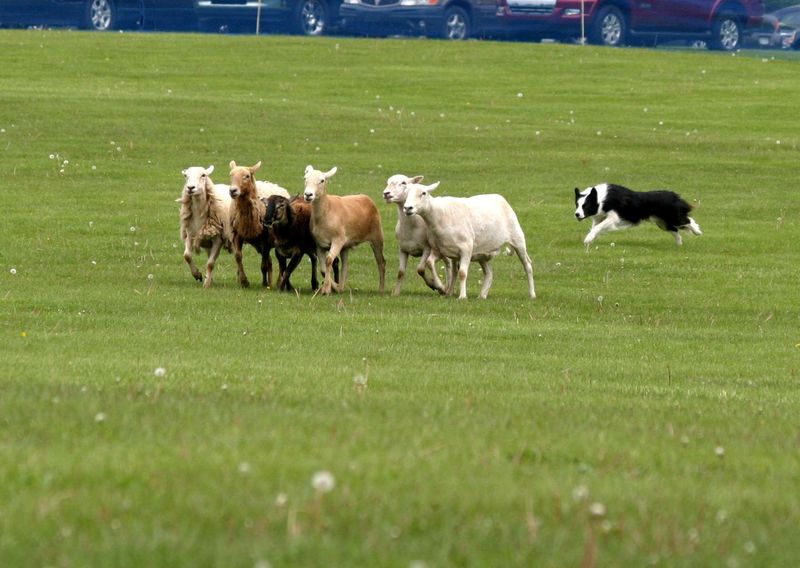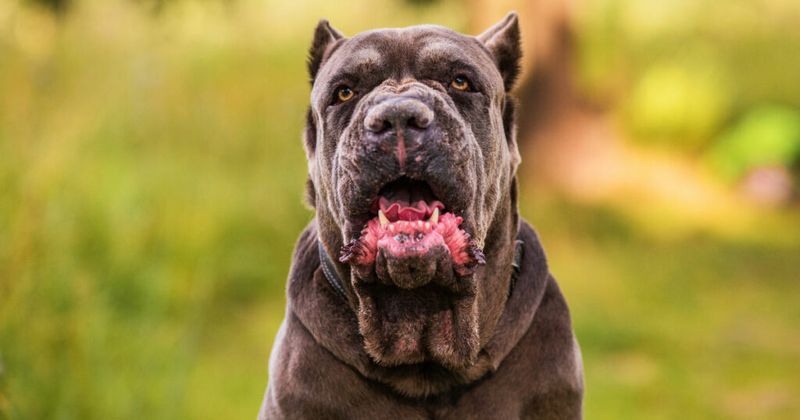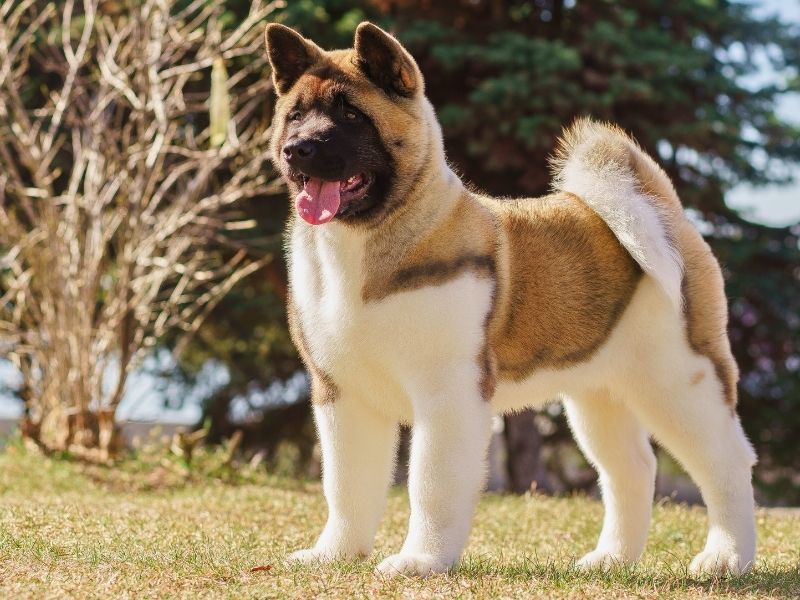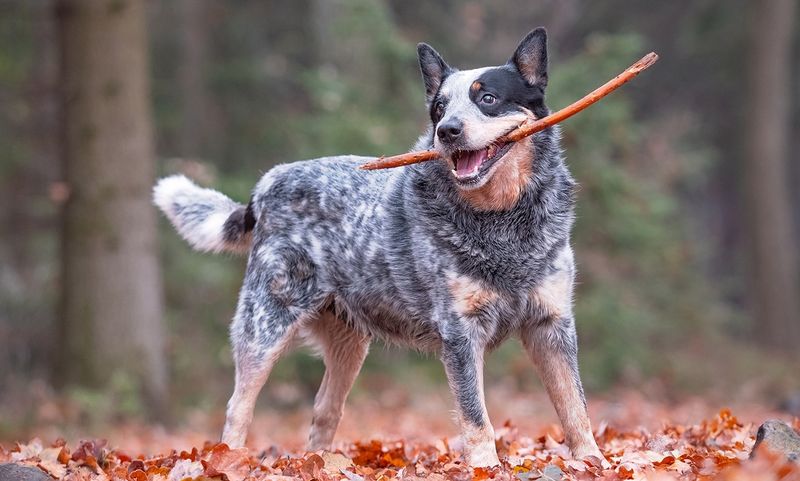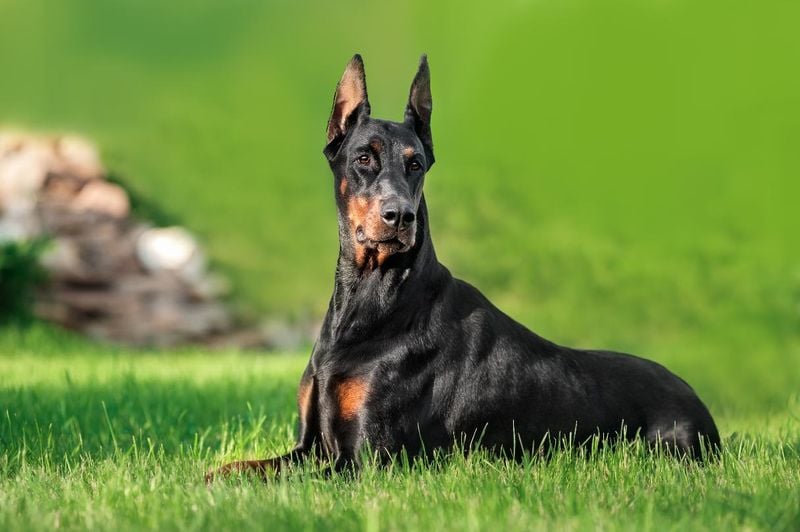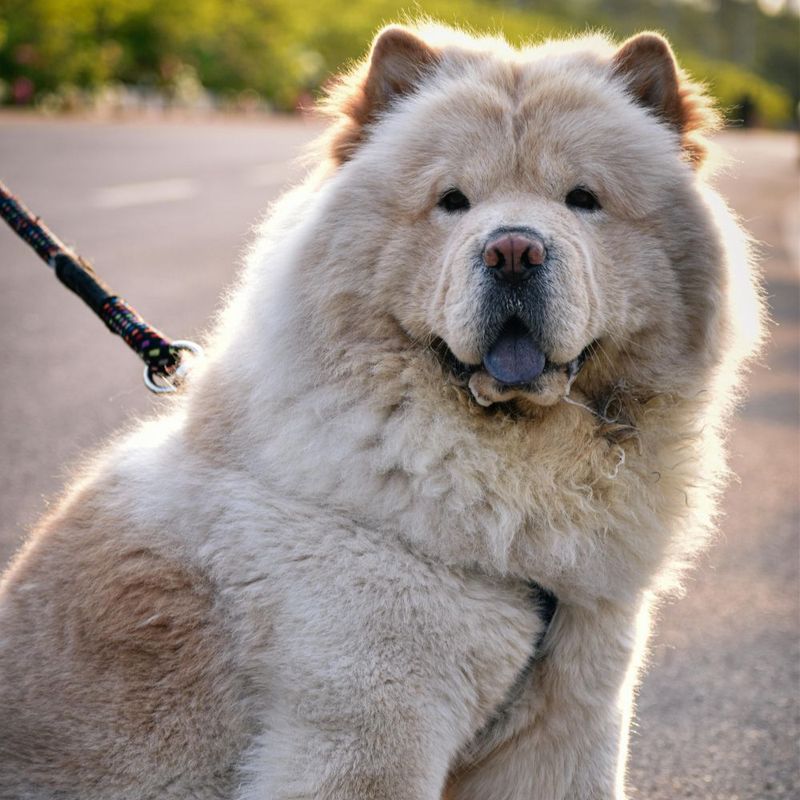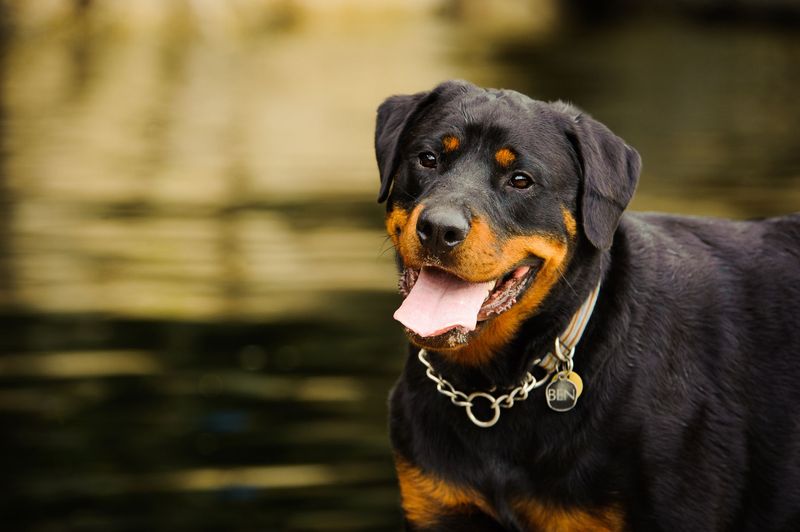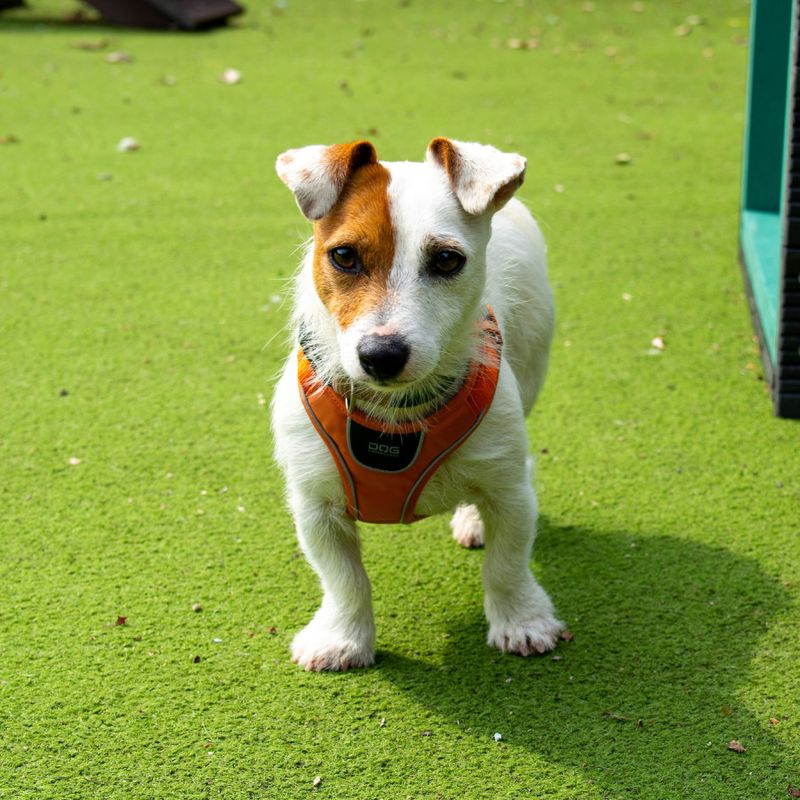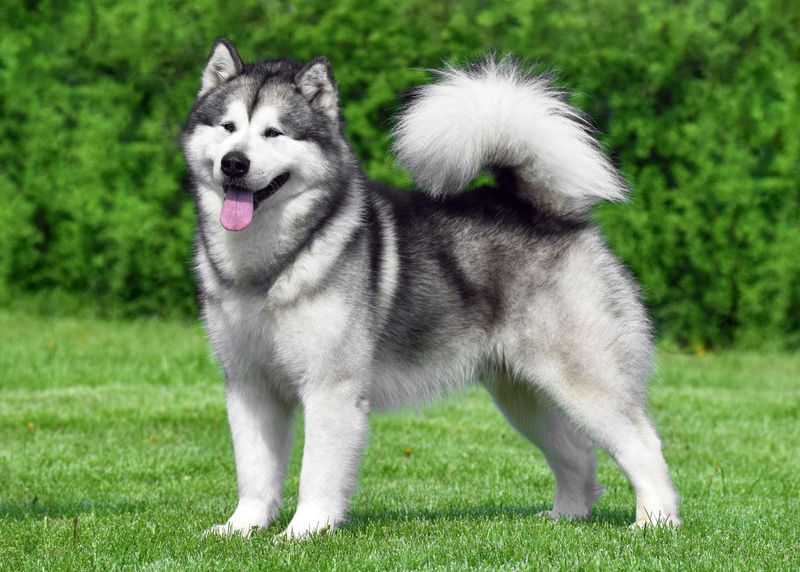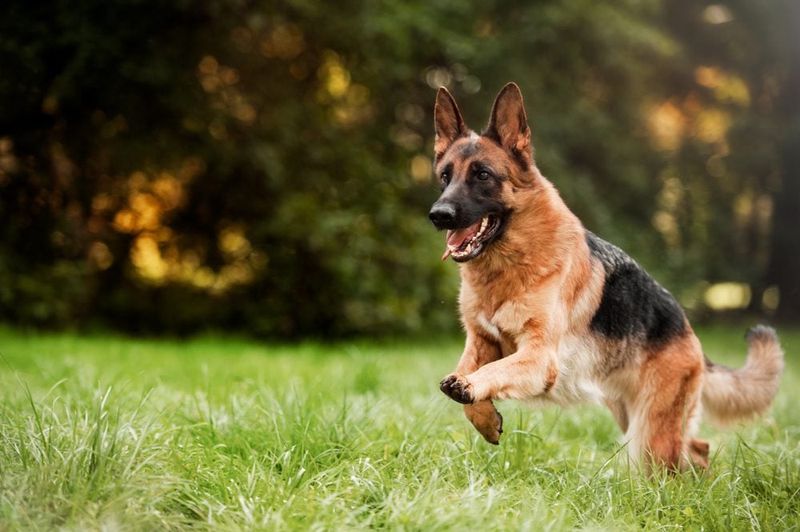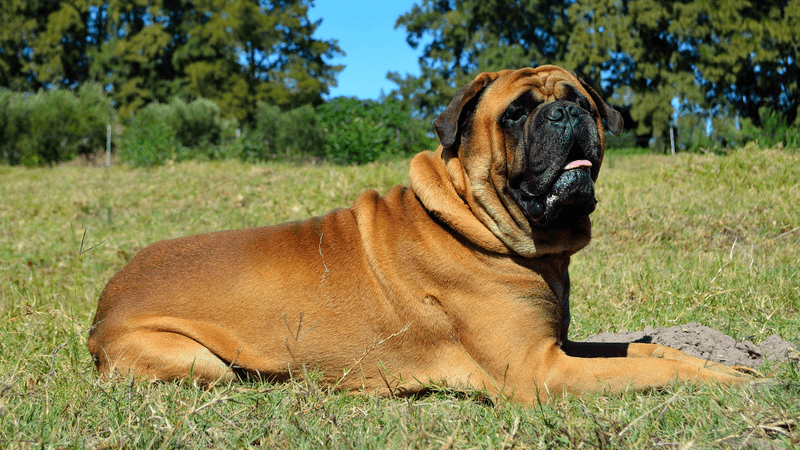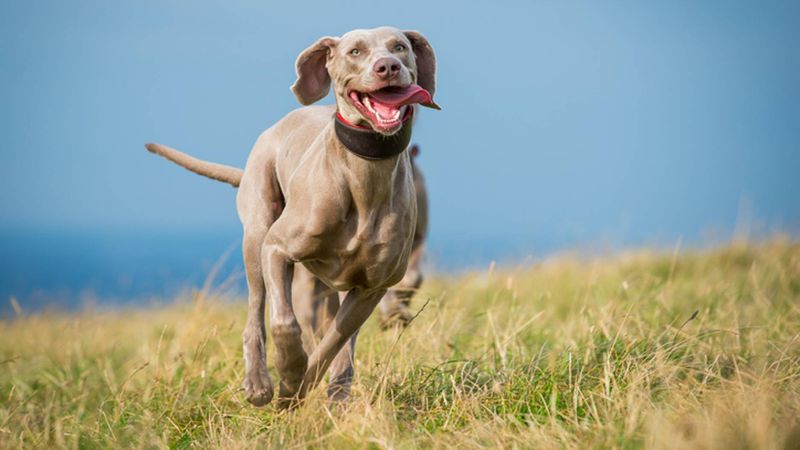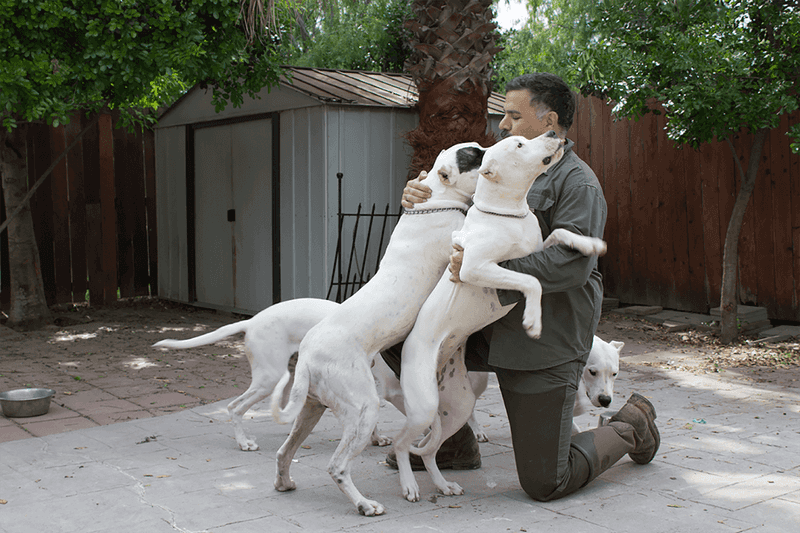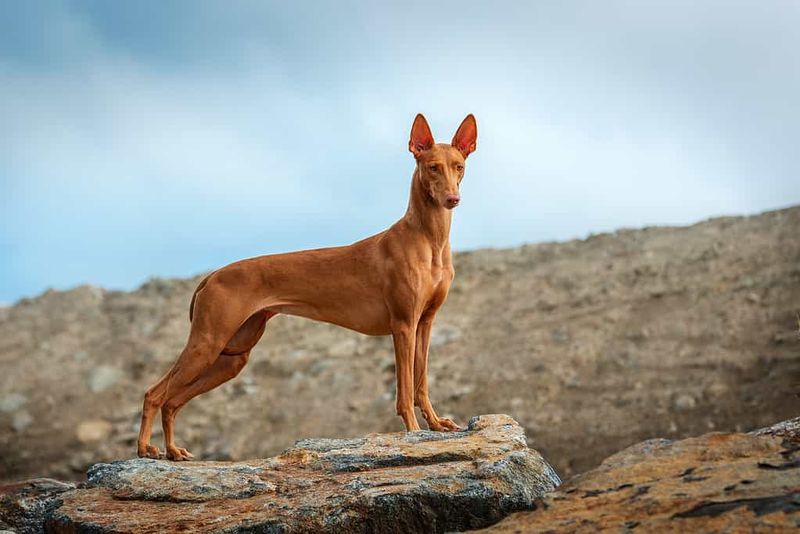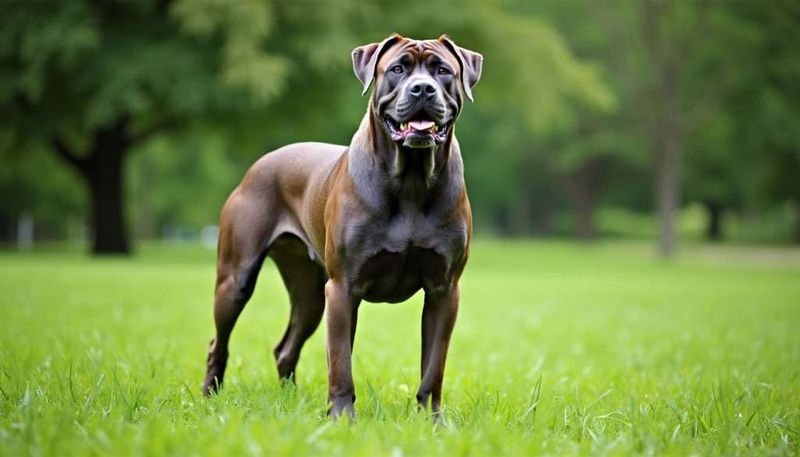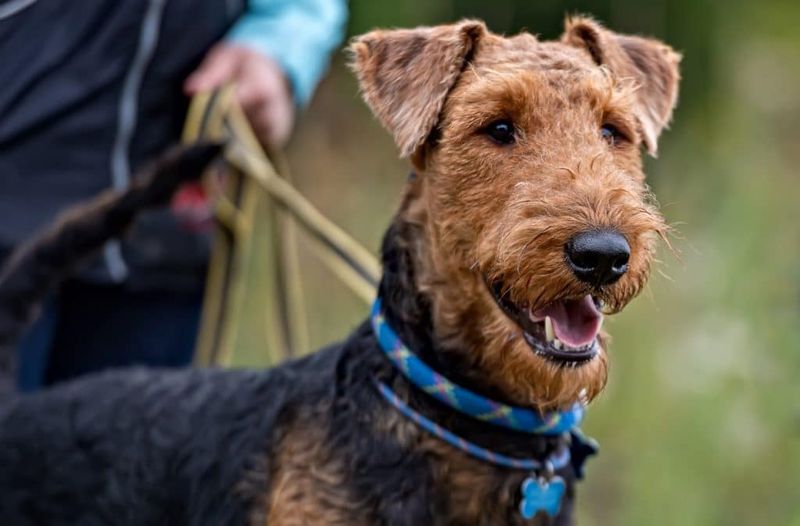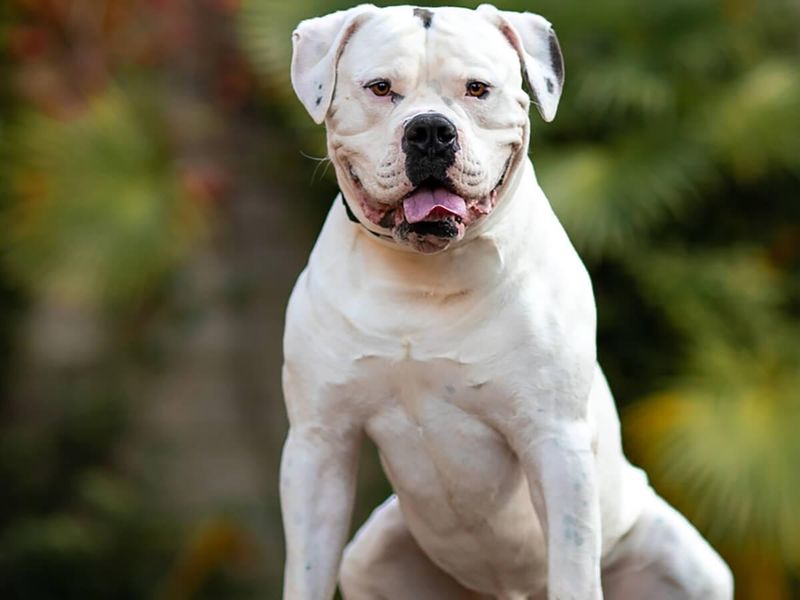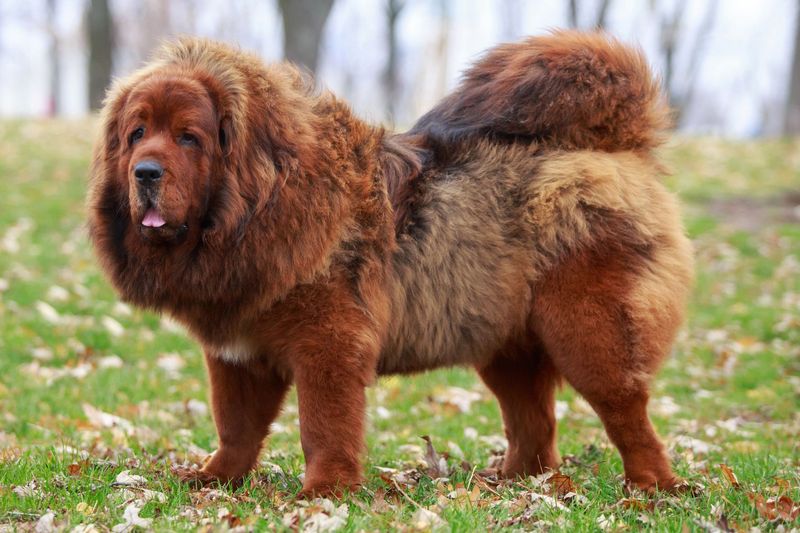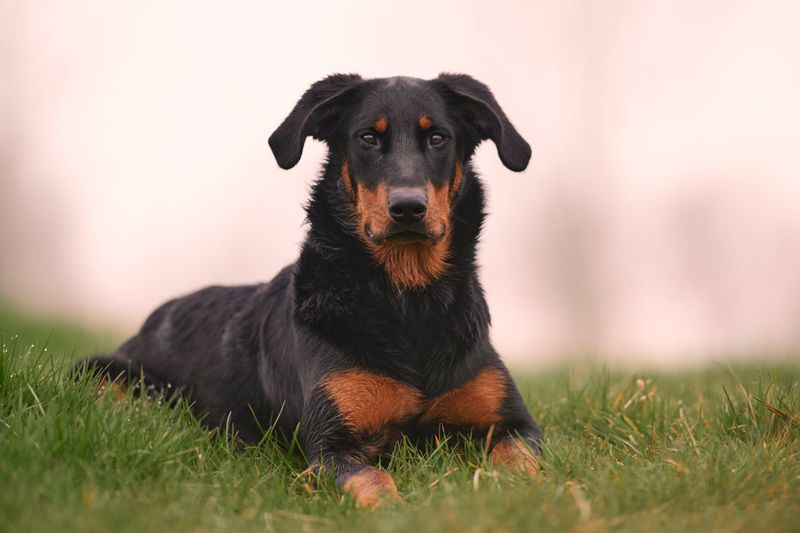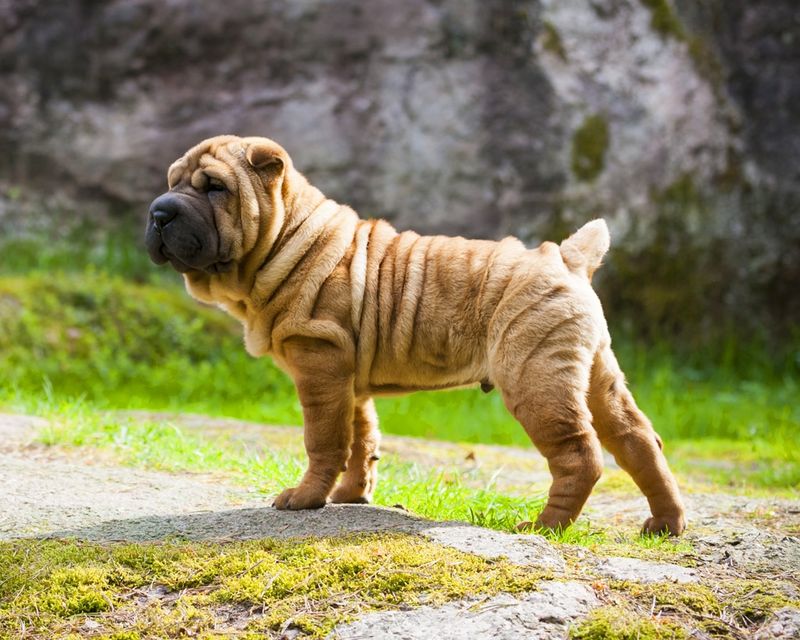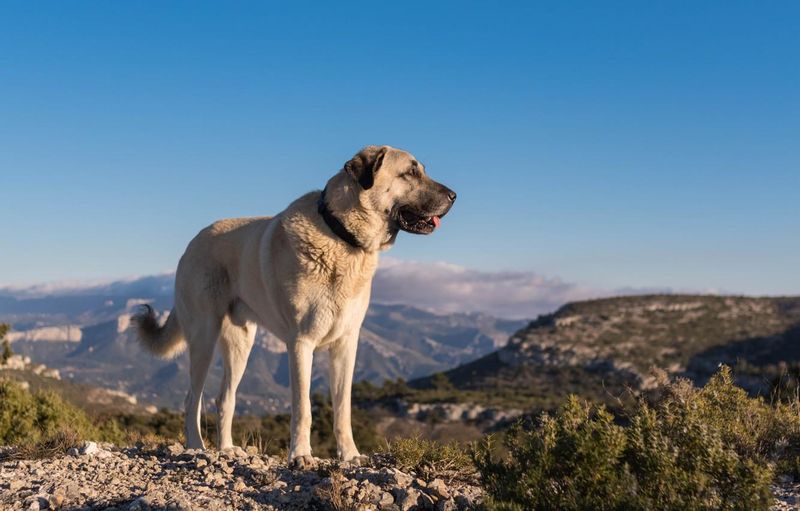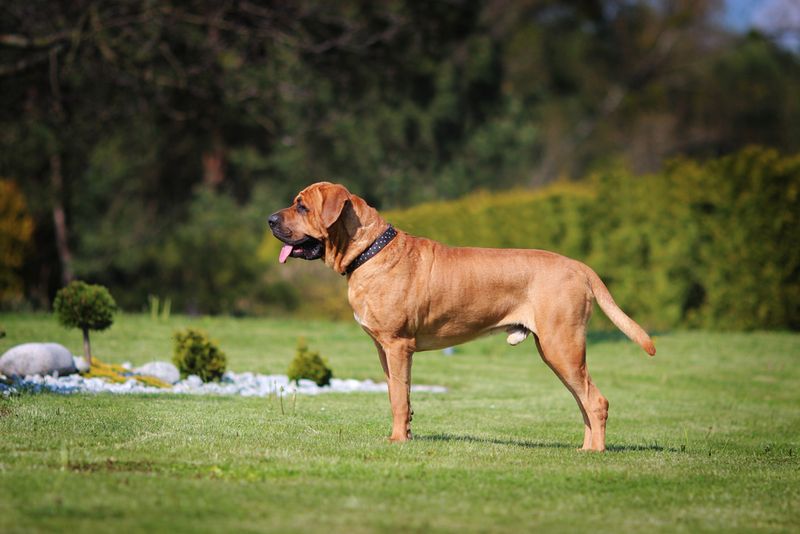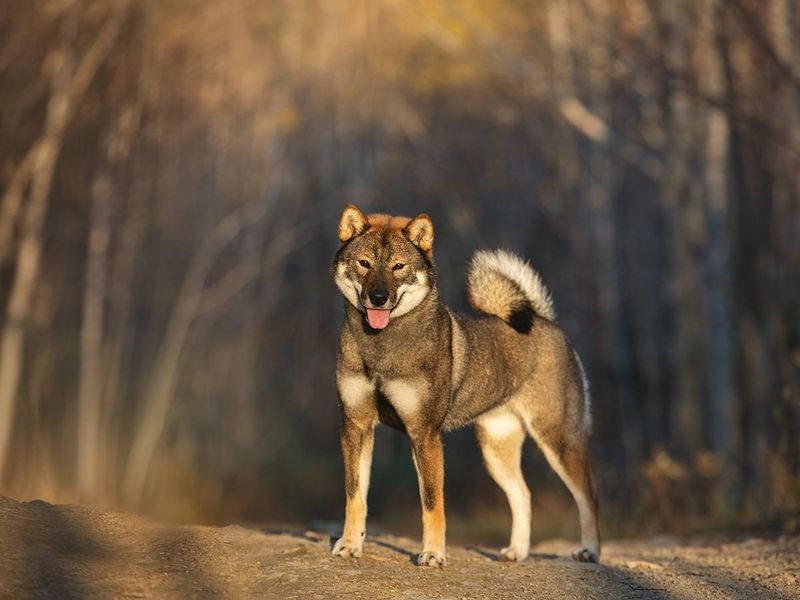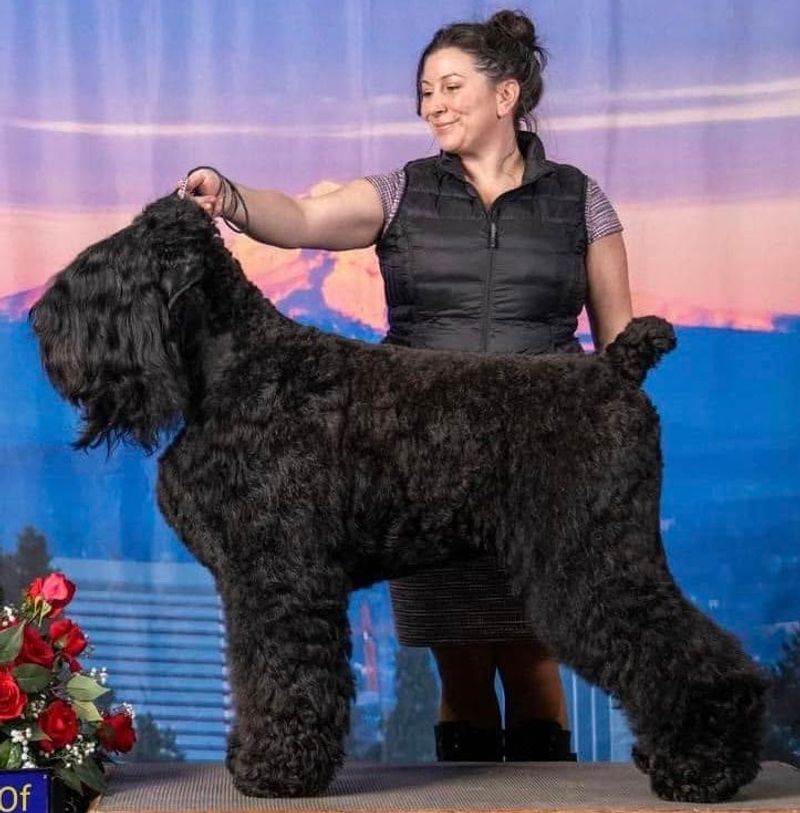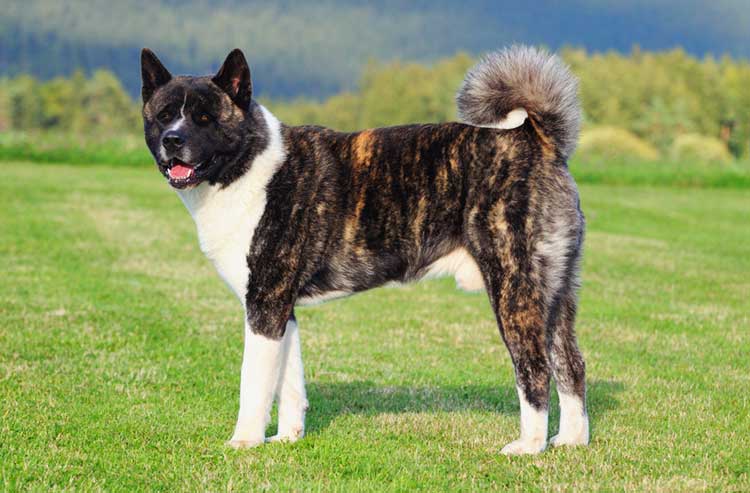26 Dog Breeds You Shouldn’t Own Unless You’re a Pro Trainer
Thinking of getting a dog that can turn heads, challenge your smarts, and guard your home like a seasoned pro?
Some breeds bring more than just loyalty and love—they bring drive, independence, and a serious need for structure. And while that may sound exciting, it’s not always the best match for first-time dog owners.
These are the breeds that demand more than daily walks and treats. They crave mental stimulation, firm boundaries, and someone who knows how to lead the pack.
Without that experience, things can go south quickly—from behavioral issues to dangerous situations. These dogs weren’t bred to sit on laps or play fetch all day.
Many were built for protection, herding, hunting, or guarding—jobs that required quick thinking and bold instincts. That legacy still runs deep, and it shows in how they respond to training, socialization, and household dynamics.
To be clear, none of the breeds on this list are “bad dogs.” They’re smart, capable, and often incredibly loving—just not for the faint of heart. With the right trainer, they can be loyal, obedient, and even cuddly companions.
But if you don’t know how to handle a dominant streak, outsmart a stubborn attitude, or redirect relentless energy? You may find yourself overwhelmed, frustrated, or even at risk.
And that’s not fair to you—or the dog. So before you fall for a cute face and powerful build, read this list carefully.
1. Belgian Malinois
Elite working dogs with unmatched energy and intelligence require intense physical and mental stimulation.
Notorious for their work ethic, they excel in police and military roles, needing a clear purpose to thrive. Without structured tasks, their energy can become overwhelming.
In a home setting, they demand active engagement and rigorous training. Ideal for those who enjoy canine sports, they bond deeply with owners who challenge them physically and mentally. They aren’t just pets; they’re partners in action.
Belgian Malinois are not breed for everyone. Their loyalty and drive make them exceptional companions for the right handlers. However, inexperienced owners often find them a handful, as they thrive under experienced guidance.
2. Border Collie
Brilliant problem-solvers need constant activity and structured challenges or they invent their own games. An unmatched herding instinct means they’re happiest with a job, whether it’s agility, obedience, or simply fetching a ball.
Their energy is boundless, making them perfect companions for active families. Known for their intelligence, they can learn commands with remarkable speed. However, this brainpower needs to be managed carefully.
Without proper direction, Border Collies can become destructive or develop obsessive habits. They’re best suited for owners who can provide plenty of mental stimulation.
While they love their humans, they require an environment rich in activities and challenges.
3. Cane Corso
A protective powerhouse that requires confident leadership, the Cane Corso is not for the timid. With roots tracing back to ancient Roman guardians, their imposing presence demands respect and careful handling.
Early socialization is key to managing their protective instincts. Known for their loyalty, they form deep bonds with family members, often acting as vigilant guardians.
Training must be firm yet positive, ensuring they understand boundaries. This breed thrives on structure and routine, making them ideal for experienced handlers who can provide consistent leadership and engagement.
4. Akita
Independent and aloof, Akitas don’t take kindly to strangers or weak leadership. Known for their strong-willed nature, they require an owner who can command respect through calm and assertive handling.
Originally bred in Japan for hunting large game, they possess a confident stature and an air of nobility. Socialization from a young age is crucial to prevent aggression and ensure they coexist peacefully in a family setting.
Akitas are not highly active but appreciate regular exercise. They thrive in environments where they are respected as intelligent companions, not just pets. A disciplined approach to training is essential to harness their loyalty and intelligence.
5. Australian Cattle Dog
Relentlessly energetic and clever, Australian Cattle Dogs will herd anything, including children and other pets. Their boundless energy and intelligence demand regular exercise and mental challenges to keep them balanced.
With their roots in the rugged Australian outback, they’re known for their endurance and work ethic. Training must be consistent and engaging to prevent boredom and destructive behaviors.
These dogs form strong bonds with their owners, thriving on companionship and tasks that stimulate their minds. Ideal for active households, they excel in environments where their natural herding instincts can be put to good use.
6. Doberman Pinscher
Elegant, strong, and fiercely loyal, Dobermans need firm, positive reinforcement from the start. Bred as protective companions, their intelligence and strength require experienced guidance to manage effectively.
They excel in environments where they can engage in physical activities that challenge both mind and body. Known for their loyalty, they often form deep bonds with their human families, making them excellent companions and guardians.
Training should be consistent and based on trust and respect. With the right approach, Dobermans become balanced and well-behaved pets that thrive in active, structured homes.
7. Chow Chow
Regal and stubborn, Chow Chows possess a cat-like personality, resisting control unless well socialized. Their unique appearance, with a lion-like mane and deep-set eyes, makes them stand out in any crowd.
Originally bred in China as working dogs, they carry an air of independence and dignity. Early socialization is crucial to manage their natural aloofness and ensure they are well-mannered companions.
These dogs form strong bonds with their families but may be wary of strangers. Training requires patience and understanding, focusing on building trust and respect. Their independent nature means they often decide when they want affection.
8. Rottweiler
Smart and powerful, Rottweilers thrive under disciplined, confident training. Their protective instincts make them natural guardians, but they need firm guidance to prevent becoming overly protective.
With roots tracing back to Roman drover dogs, they possess a robust build and an imposing presence. Socialization from a young age is key to ensuring they grow into balanced adults.
Rottweilers form deep bonds with their families and require ongoing engagement to maintain good behavior. Ideal for those who can provide structured environments, they excel in roles that challenge their intelligence and strength.
9. Jack Russell Terrier
A tiny tornado of energy and cunning, Jack Russells need constant stimulation or risk becoming destructive out of boredom. Their lively personalities make them entertaining companions, but also a challenge to manage.
Originally bred for fox hunting, they possess a tenacious spirit and boundless curiosity. Training should focus on channeling their energy into constructive activities, preventing them from inventing their own mischief.
With proper engagement, they can be delightful family pets, forming strong bonds with their owners. However, they require a handler with patience and creativity to keep up with their active minds and bodies.
10. Alaskan Malamute
Beautiful but independent, Alaskan Malamutes are sled dogs that need consistent training and will often test boundaries. Known for their strength and endurance, they thrive in environments where they can engage in physical activities.
Their thick coats and wolf-like appearance make them standout, but they require experienced handlers to manage their strong-willed nature. Training should be firm yet gentle, focusing on building mutual respect and understanding.
Malamutes form strong bonds with their human families, but their independent streak can be challenging. They need owners who appreciate their unique temperament and can provide the structure they need.
11. German Shepherd
While popular, German Shepherds are complex, driven workers who demand structure, exercise, and mental challenges. Their versatility and intelligence make them ideal for various roles, from service dogs to family protectors.
Known for their loyalty and courage, they form strong bonds with their families. Socialization and training from an early age ensure they grow into well-rounded adults, capable of adapting to different environments.
With the right guidance, German Shepherds are exceptional companions, thriving in active households that can provide the engagement they need. Their intelligence requires constant stimulation to prevent boredom and destructive behaviors.
12. Bullmastiff
Large and headstrong, Bullmastiffs require early socialization and steady, experienced handling. Bred as estate guardians, their imposing size and strength demand respect and careful management.
Despite their size, they are known for their calm and gentle nature, forming deep bonds with their families. Training should be consistent, focusing on building trust and mutual respect to manage their protective instincts.
Bullmastiffs are not highly active, but they appreciate regular exercise and companionship. They thrive in homes where they are treated as part of the family, offering loyalty and protection in return.
13. Weimaraner
Velcro dogs that become anxious without engagement, Weimaraners’ boredom leads to chaos. Known for their sleek, silvery coats and energetic personalities, they require active and involved owners.
Originally bred for hunting, they possess a strong prey drive and an eagerness to please. Training should focus on channeling their energy into constructive activities, ensuring they remain balanced and happy.
With proper engagement, Weimaraners form deep bonds with their families, becoming loyal and affectionate companions. However, they need a structured environment to thrive, with plenty of mental and physical challenges.
14. Basenji
Known as the barkless dog, Basenjis are not drama-free dogs. These escape artists are clever and stubborn, requiring a handler with patience and creativity.
With roots in Central Africa, they possess a unique yodel-like vocalization and a strong independent streak. Training should focus on positive reinforcement and building trust, as they respond best to handlers who understand their quirks.
Basenjis form strong bonds with their families but can be aloof with strangers. They thrive in environments where their intelligence and curiosity can be nurtured, offering companionship to those who appreciate their unique personality.
15. Dogo Argentino
A muscular hunter bred for power and bravery, the Dogo Argentino requires early, firm training to prevent aggression. Known for their loyalty and protective instincts, they form deep bonds with their families.
Originally developed in Argentina for big game hunting, they possess a strong prey drive and need owners who can provide consistent leadership. Training should focus on building trust and respect, ensuring they understand boundaries.
With the right guidance, Dogos can be affectionate and devoted companions, but they require experienced handlers who appreciate their unique characteristics and can provide the structured environment they need.
16. Pharaoh Hound
Fast and aloof with a mind of their own, Pharaoh Hounds require strong recall and obedience training. Known for their striking appearance and regal demeanor, they thrive in environments that respect their independent nature.
With roots tracing back to ancient Egypt, they possess a unique ability to blush when excited. Training should focus on positive reinforcement, allowing them to engage in activities that challenge their intelligence and agility.
Pharaoh Hounds form strong bonds with their families, but their independent streak can be challenging. They need owners who appreciate their unique temperament and can provide the structure they need.
17. Presa Canario
Massive and intense, Presa Canarios can be territorial and suspicious without experienced, consistent trainers. Known for their strength and protective instincts, they require handlers who understand their unique needs.
Originally bred in the Canary Islands for working livestock, they possess a strong prey drive and a calm demeanor. Training should focus on socialization from an early age, ensuring they grow into well-mannered adults.
Presa Canarios form deep bonds with their families, offering loyalty and protection in return. They thrive in environments where their natural instincts can be channeled into constructive activities, providing companionship to those who can handle their intensity.
18. Airedale Terrier
The largest of the terriers, Airedale Terriers are full of confidence and mischief, requiring assertive and patient guidance. Known for their playful personalities, they thrive in environments where they can engage in activities that challenge their intelligence.
Training should focus on building mutual respect and trust, ensuring they understand boundaries and expectations. Their strong prey drive can be managed with consistent and positive reinforcement.
Airedales form strong bonds with their families, becoming loyal and affectionate companions. They need owners who appreciate their unique characteristics and can provide the structured environment they need to thrive.
19. American Bulldog
Strong-willed and athletic, American Bulldogs benefit from clear structure and early social exposure. Known for their loyalty and protective instincts, they form deep bonds with their families.
Originally bred for working on farms, they possess a robust build and a courageous spirit. Training should focus on building trust and respect, ensuring they understand boundaries.
American Bulldogs thrive in environments where they can engage in activities that challenge their minds and bodies. They need owners who appreciate their unique temperament and can provide the structured environment they need to thrive.
20. Tibetan Mastiff
A night barker and property guardian, Tibetan Mastiffs don’t take orders lightly. Known for their independence and strong-willed nature, they require experienced handlers who understand their unique needs.
With roots tracing back to ancient Tibet, they possess a thick double coat and an imposing presence. Training should focus on building mutual respect and trust, ensuring they understand boundaries.
Tibetan Mastiffs form strong bonds with their families, offering loyalty and protection in return.
They thrive in environments where their natural instincts can be channeled into constructive activities, providing companionship to those who can handle their independence.
21. Beauceron
A French herding breed that’s bold and intelligent, Beaucerons can quickly become dominant without stimulation.
Known for their versatility and work ethic, they thrive in environments where they can engage in activities that challenge their minds and bodies.
Training should focus on building mutual respect and trust, ensuring they understand boundaries and expectations. Their strong herding instincts can be managed with consistent and positive reinforcement.
Beaucerons form strong bonds with their families, becoming loyal and affectionate companions. They need owners who appreciate their unique characteristics and can provide the structured environment they need to thrive.
22. Shar Pei
With a serious disposition and history as a fighting dog, Shar Peis need respectful but firm training. Known for their distinctive wrinkles and aloof nature, they require handlers who understand their unique needs.
Originally bred in China, they possess a calm demeanor and a strong-willed nature. Training should focus on building mutual respect and trust, ensuring they understand boundaries and expectations.
Shar Peis form strong bonds with their families, offering loyalty and protection in return.
They thrive in environments where their natural instincts can be channeled into constructive activities, providing companionship to those who can handle their independence.
23. Kangal
An ancient livestock guardian bred to operate independently, Kangals require handlers who understand their autonomy. Known for their strength and protective instincts, they form deep bonds with their families.
Originally from Turkey, they possess a strong build and a calm demeanor. Training should focus on building trust and respect, ensuring they understand boundaries and expectations.
Kangals thrive in environments where they can engage in activities that challenge their minds and bodies. They need owners who appreciate their unique temperament and can provide the structured environment they need to thrive.
24. Tosa Inu
Bred for dog fighting in Japan, Tosa Inus are calm but dominant and can be dangerous without strict guidance. Known for their strength and protective instincts, they require handlers who understand their unique needs.
Training should focus on building mutual respect and trust, ensuring they understand boundaries and expectations. Their strong-willed nature can be managed with consistent and positive reinforcement.
Tosa Inus form strong bonds with their families, offering loyalty and protection in return.
They thrive in environments where their natural instincts can be channeled into constructive activities, providing companionship to those who can handle their dominance.
25. Shikoku
Primal and primitive, Shikokus are loyal but extremely independent and tricky to train. Known for their fox-like appearance and agile movements, they require handlers who understand their unique needs.
Originally from Japan, they possess a strong prey drive and an independent nature. Training should focus on building trust and respect, ensuring they understand boundaries and expectations.
Shikokus thrive in environments where they can engage in activities that challenge their minds and bodies. They need owners who appreciate their unique temperament and can provide the structured environment they need to thrive.
26. Russian Black Terrier
Massive and reserved, Russian Black Terriers require calm, consistent leadership to manage their protective instincts. Known for their strength and intelligence, they form deep bonds with their families.
Originally bred for military use, they possess a robust build and a watchful demeanor. Training should focus on building mutual respect and trust, ensuring they understand boundaries and expectations.
Russian Black Terriers thrive in environments where they can engage in activities that challenge their minds and bodies. They need owners who appreciate their unique characteristics and can provide the structured environment they need to thrive.

